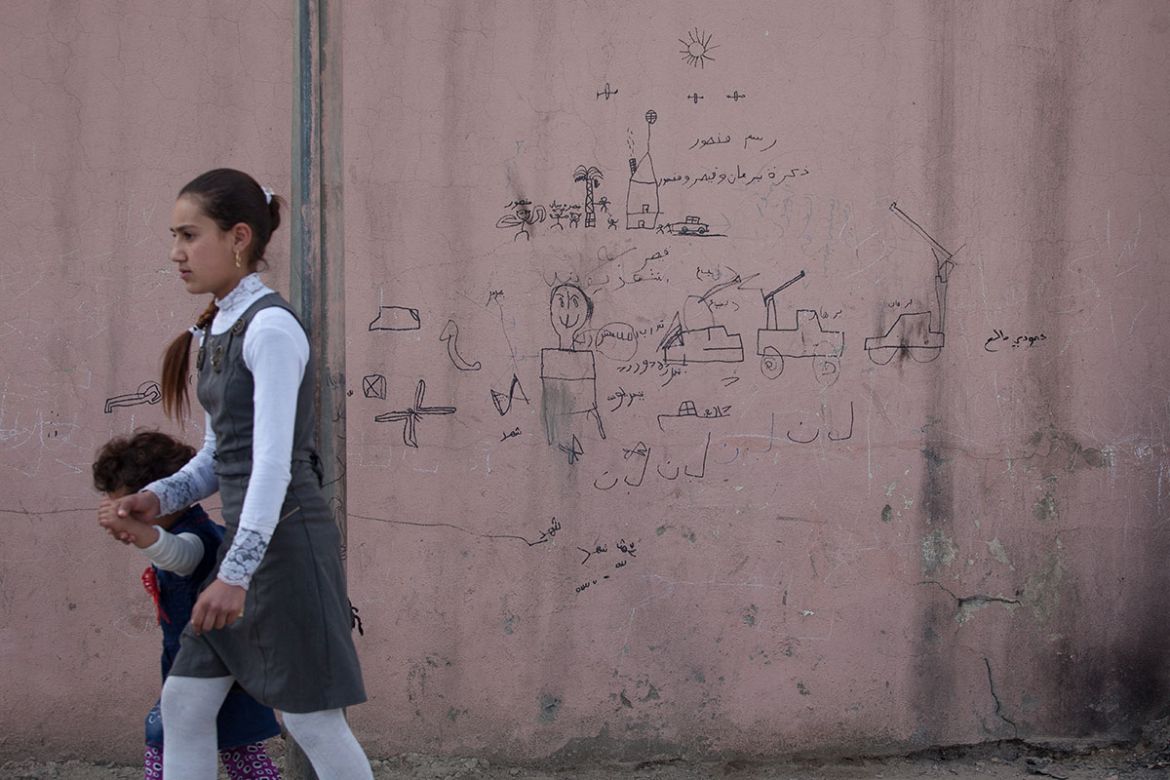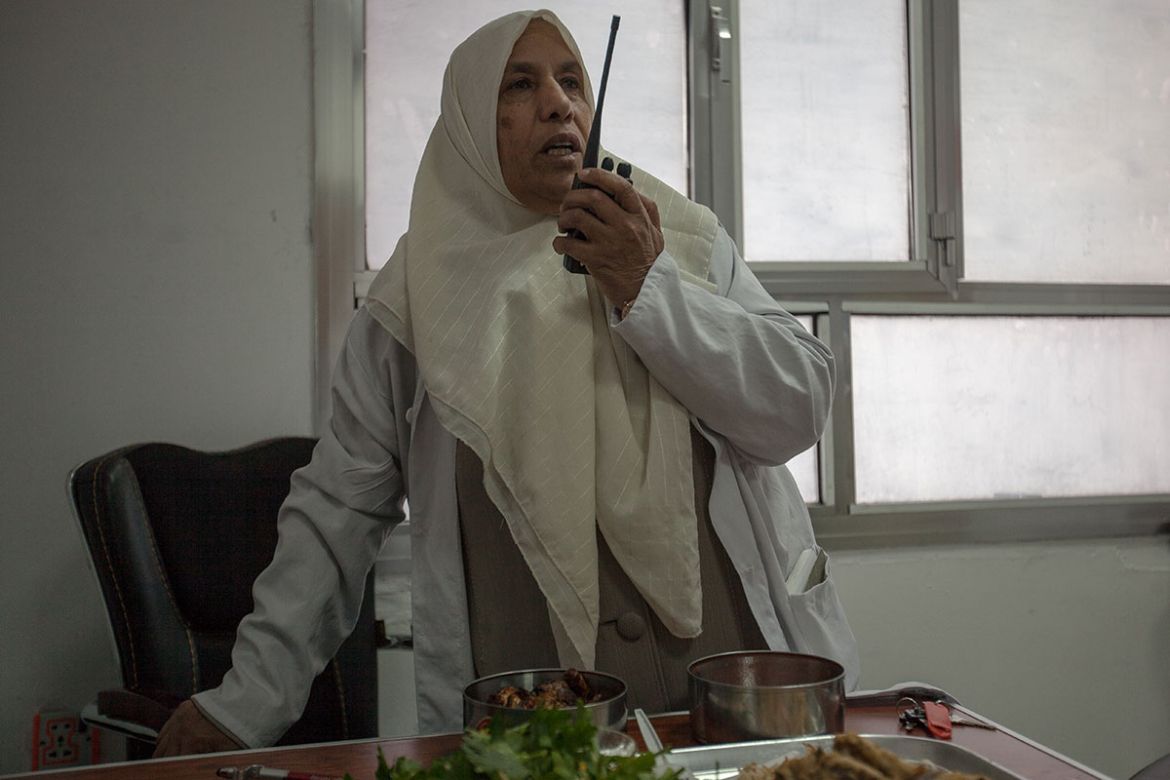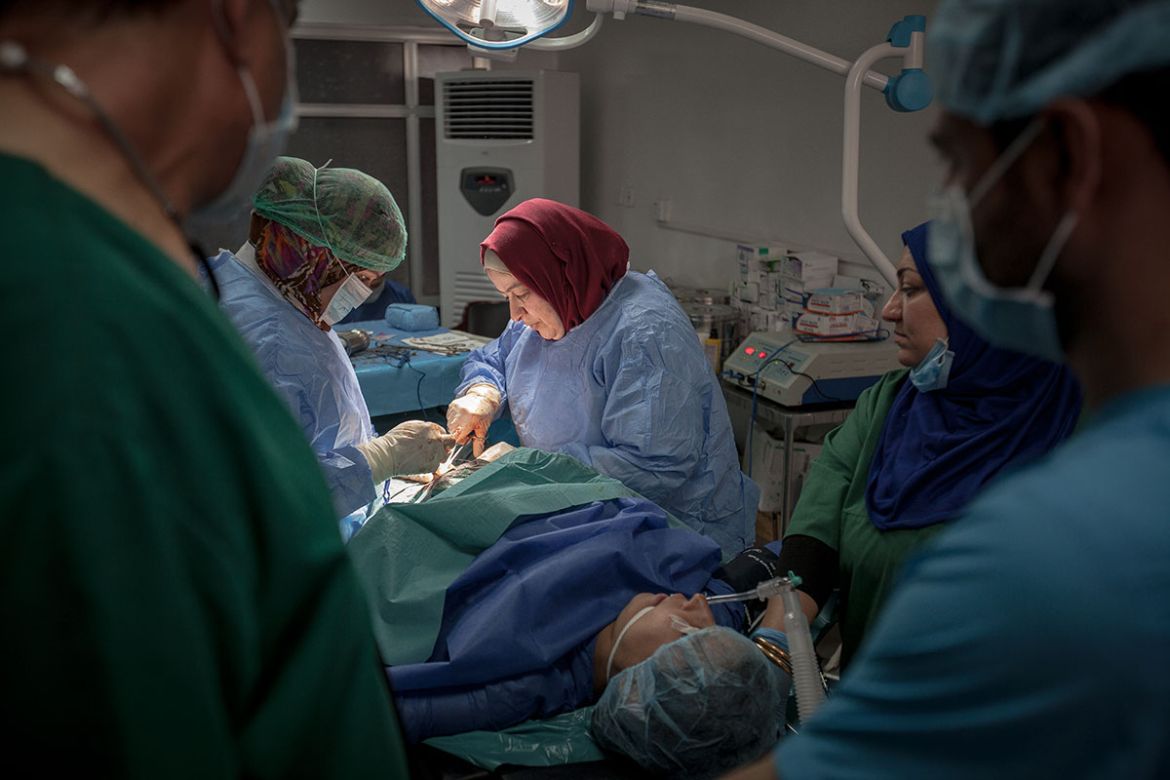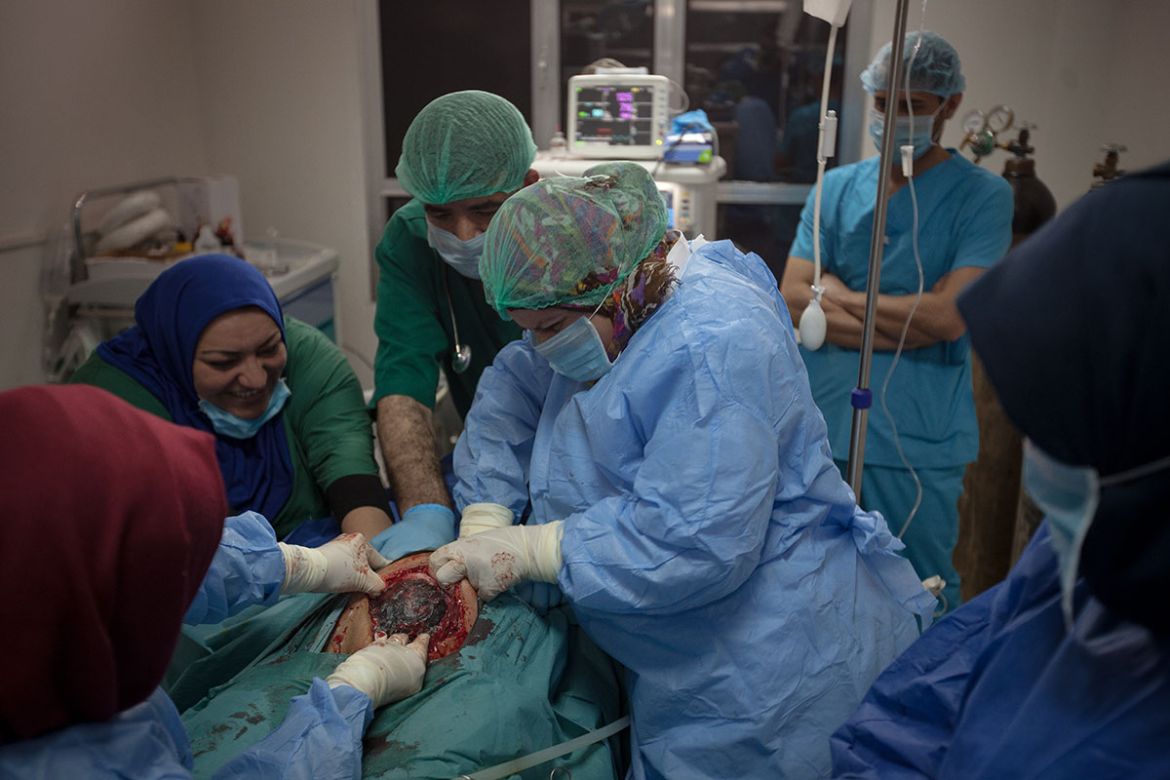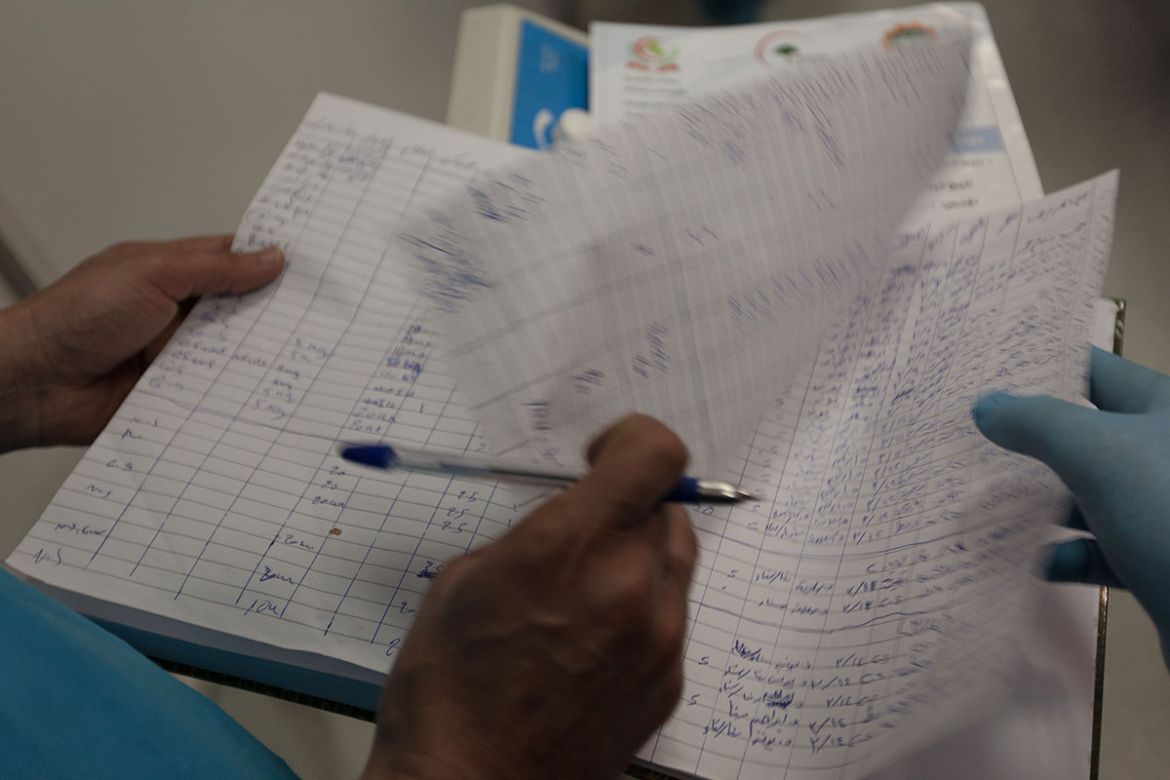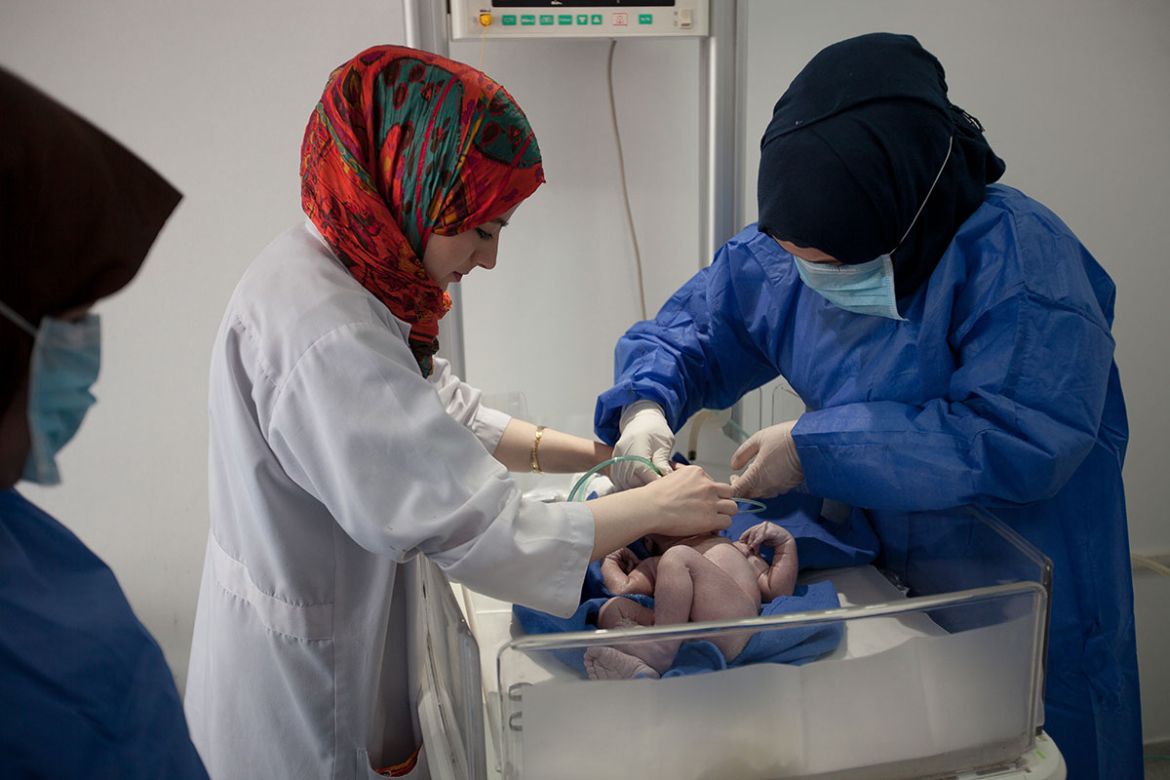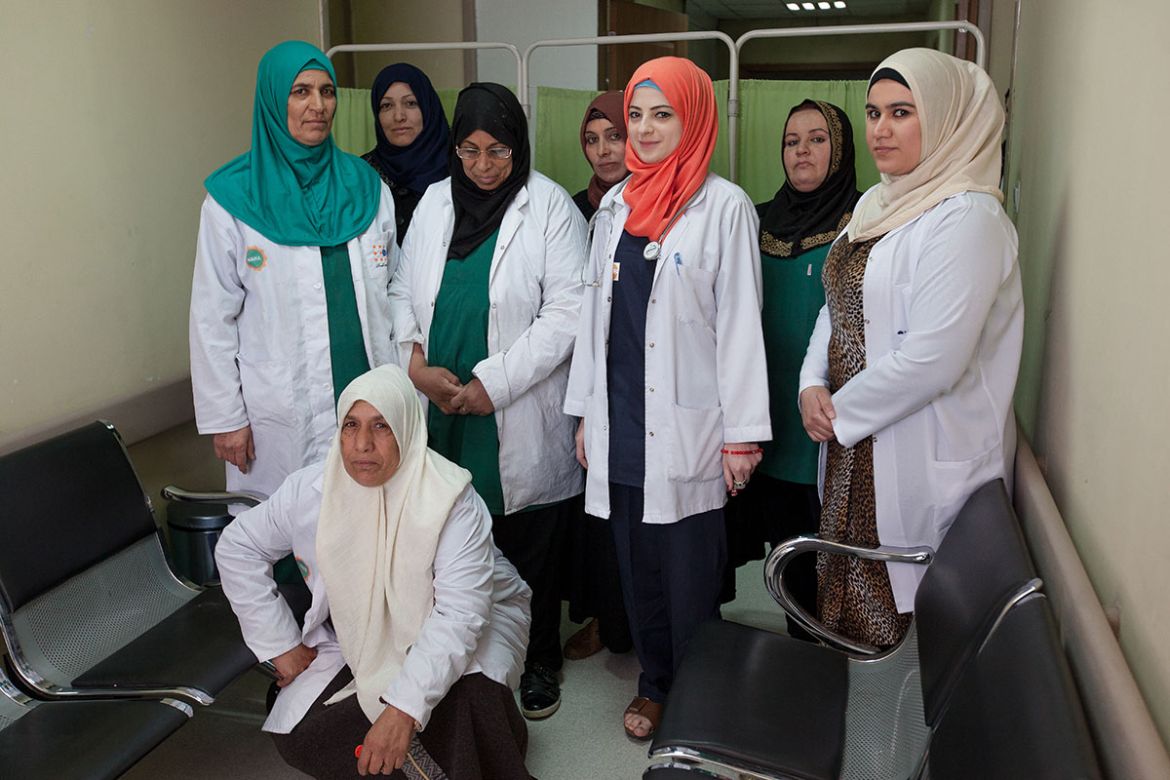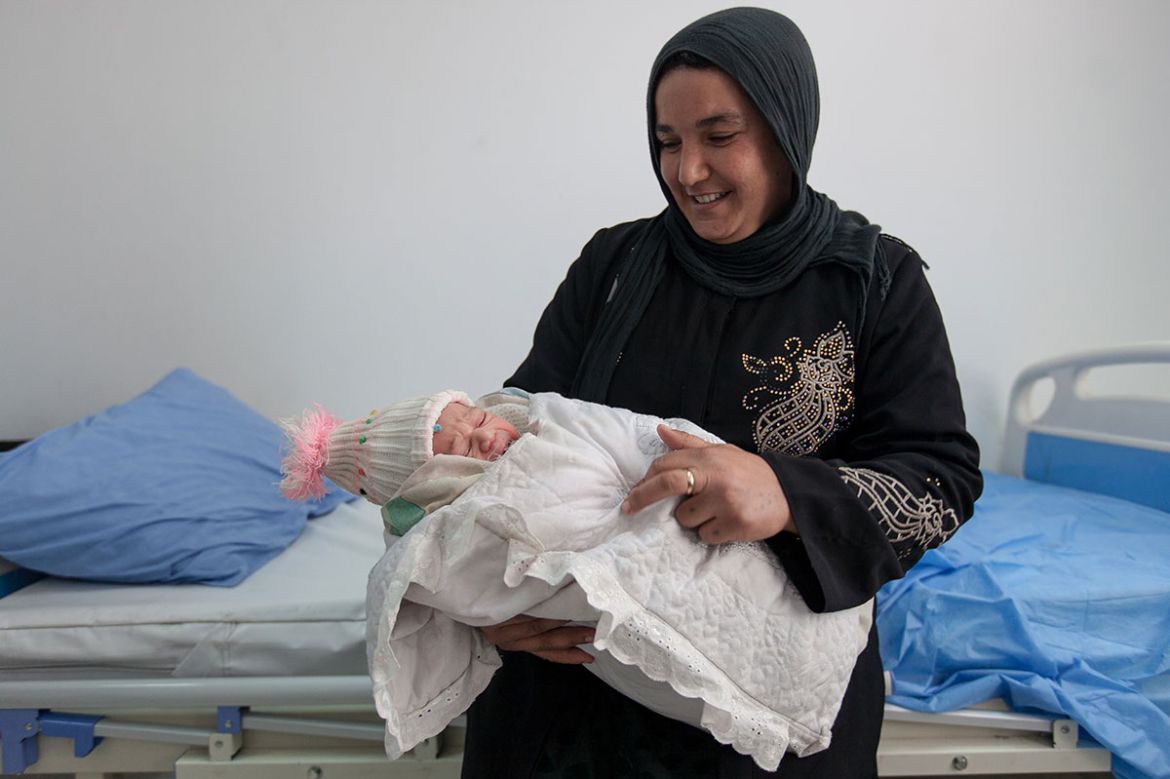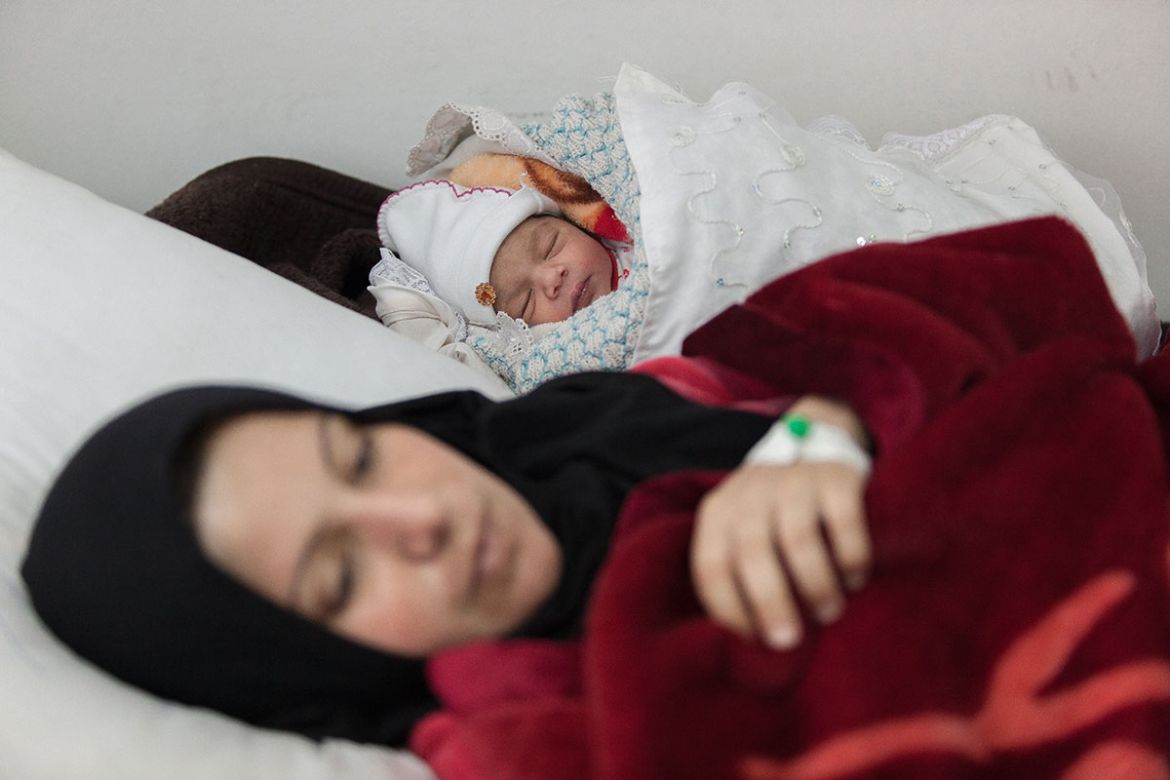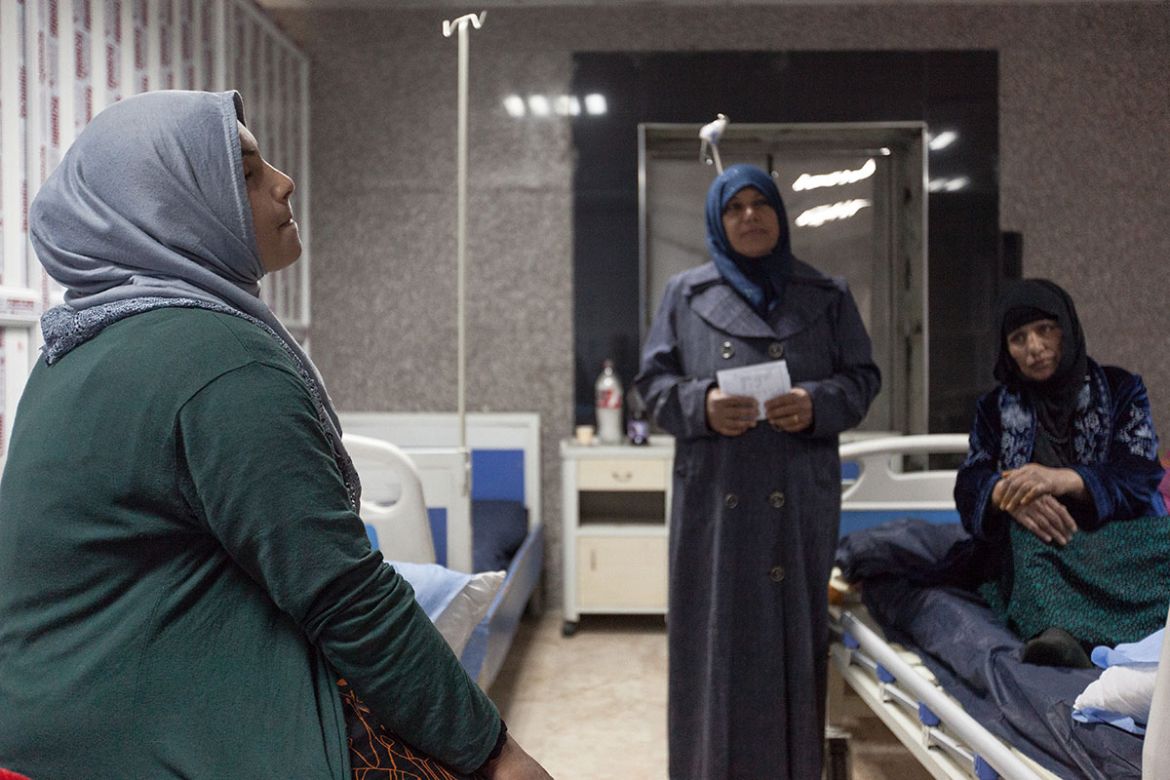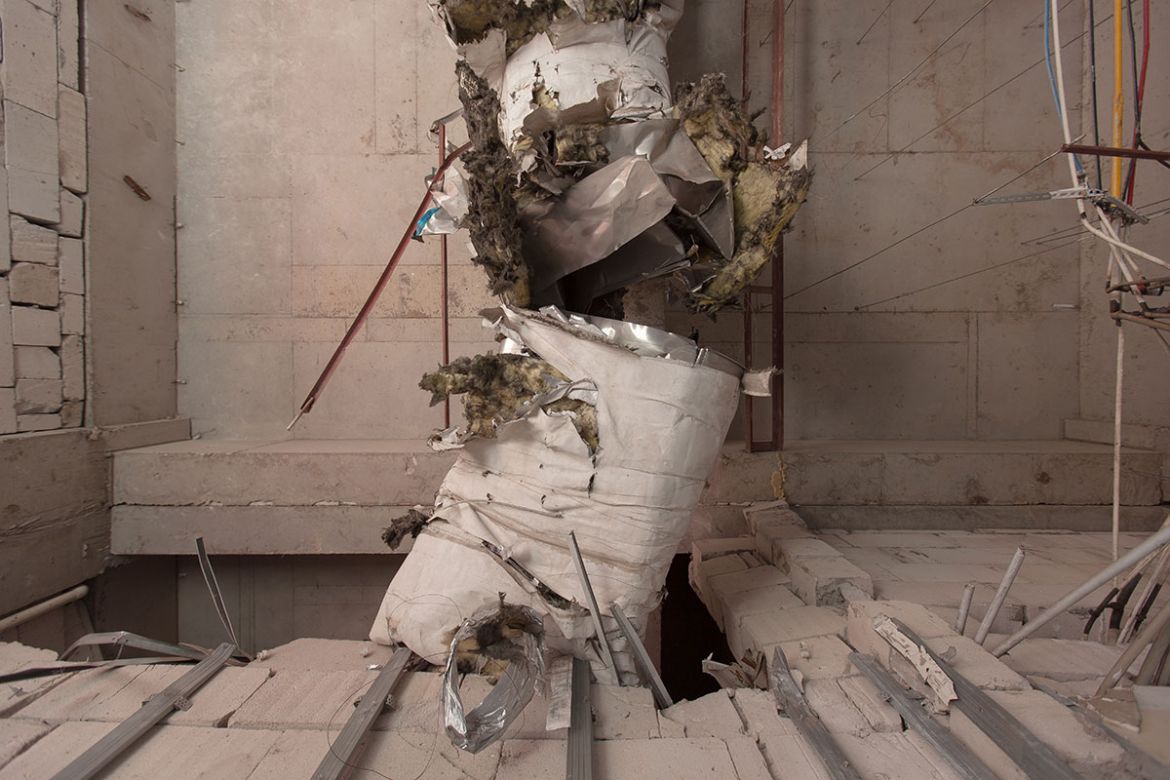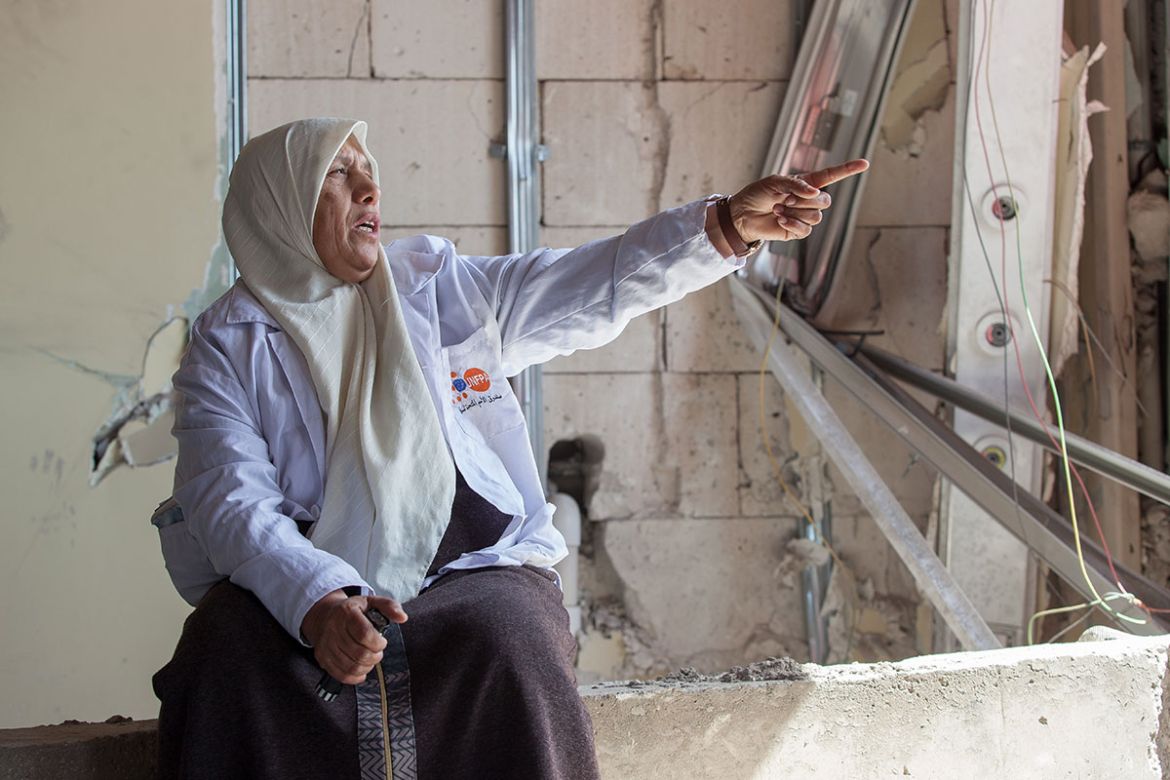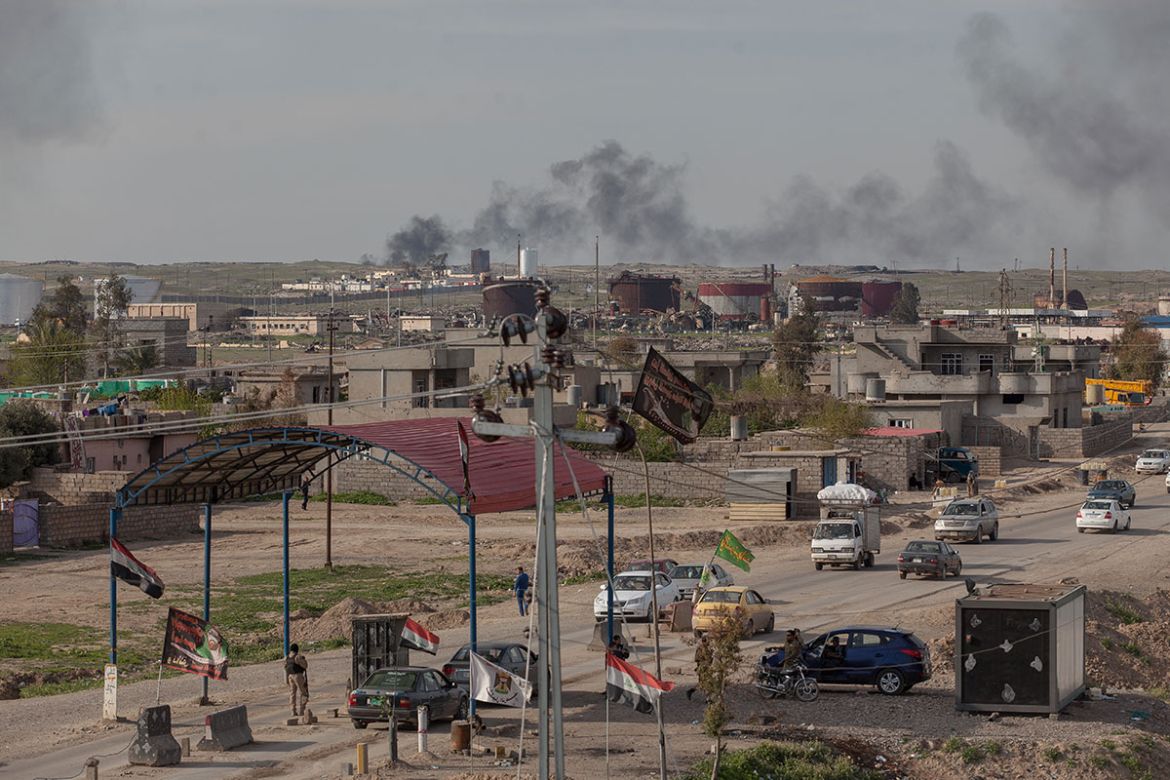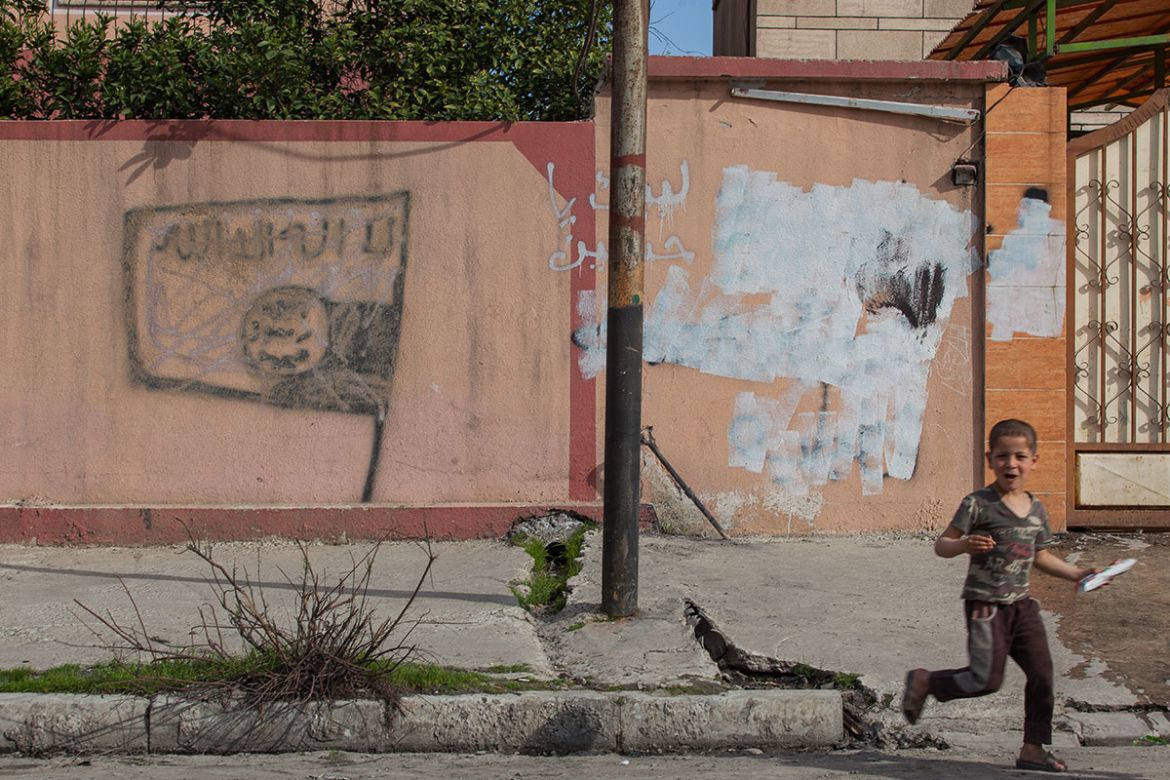In Pictures
Born after ISIL: Life starts anew at Qayyarah hospital
Since Qayyarah was retaken from ISIL, the town’s maternity hospital has been serving women across the region.
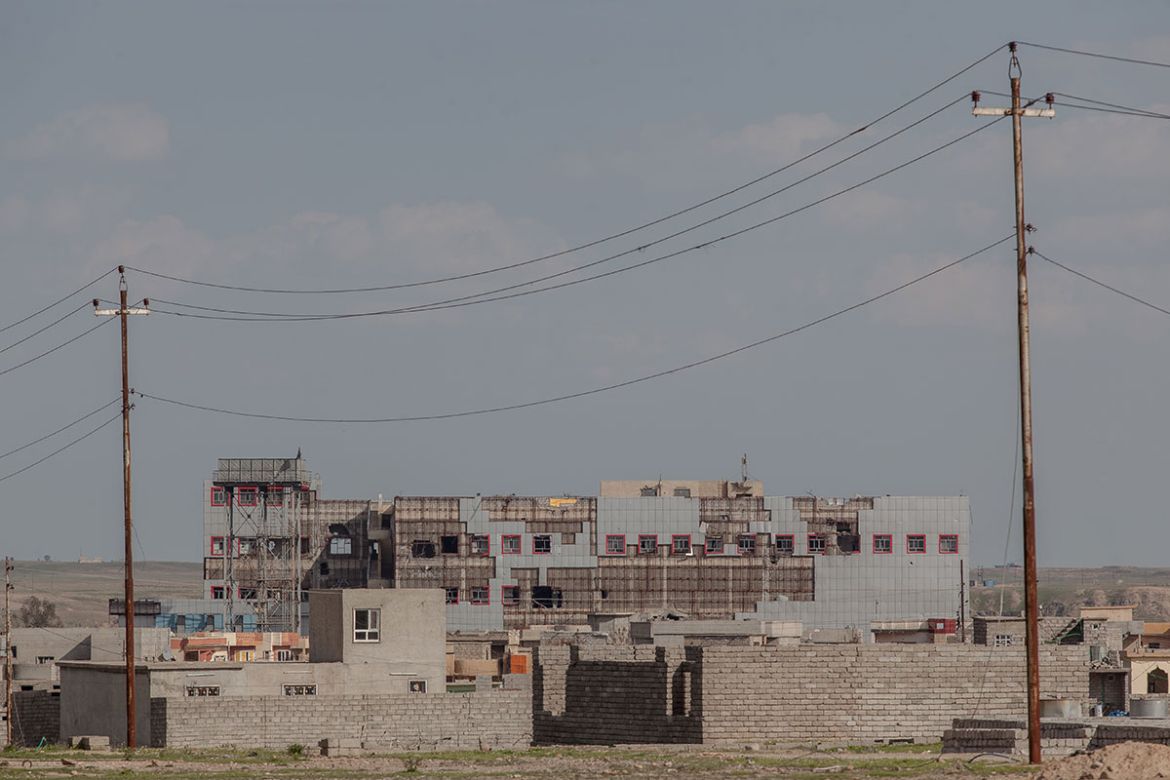
Retaken from the Islamic State of Iraq and the Levant (ISIL) group in August 2016, the town of Qayyarah has one of the main maternity hospitals in the region. It was used by ISIL to treat its casualties for months, but nowadays, Iraqi people are coming to Qayyarah hospital from throughout the region to give birth by caesarean section.
Each day, about 10 children are born here, said Dr Eman Norri: “We give birth by caesarian two out of 10 times. It is the women of the internally displaced people’s camps who need caesarean sections the most, because they are often underfed, walked for long hours and went through psychological shocks.”
The Women and Health Alliance International, which is leading the project, is one of the only NGOs in this part of northern Iraq that specialises in reproductive health, employing more than 450 Iraqis.
Maryam Nazar, a doctor who previously worked in an ISIL-run hospital in Mosul, noted that the facility had been lacking equipment and medicine. She is proud to have moved on to the Qayyarah hospital: “It is almost like being a humanitarian worker, because the women suffered a lot with ISIL.”
